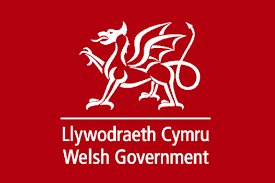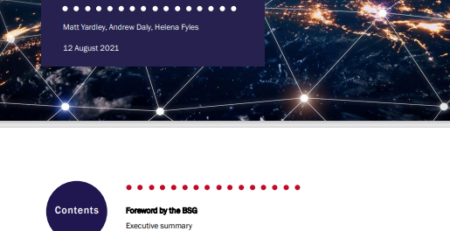The GigaTAG publishes its final report
The Gigabit Take-up Advisory Group (GigaTAG) was set up in August 2020, led by Which? to look into how to stimulate demand among consumers and businesses for gigabit-capable broadband. The final report has been published. BSG was part of the advisory group as the voice of the industry. To coincide with the launch of the report, Which? CBI, FSB, Ofcom and BSG hosted a panel discussion to explore the recommendations set out in the report and how these can be taken forward.
The report includes research that identifies affordability as a key barrier to the adoption of gigabit-capable broadband for low-income households, revealing around two in five (44%) of those in a low-income household citing it as an issue. Also among the barriers identified is the low willingness among consumers to pay more, with only one in five (21%) people willing to do so. There is a significant lack of understanding of the benefits, with two in five (41%) unclear about how it differs from their current broadband package.
A set of recommendations are included to help support consumer and business migration to gigabit-capable networks and the services they deliver. The GigaTAG will reconvene at the end of this year to chart the progress made.
The recommendations are:
- Ofcom and the broadband industry should work together on clear and common terminology to cut through advertising jargon and describe gigabit broadband and its benefits in straightforward terms.
- As part of its ongoing work to improve the clarity of information, Ofcom should look into whether a “gigabit-ready” labelling scheme could play a part in improving consumers’ and businesses’ understanding of gigabit-capable broadband.
- Local authorities should be involved in raising awareness and promoting the benefits of upgrading to gigabit broadband at a local level.
- At the right time, the government should also undertake its own nationwide awareness-raising by leading a coalition of stakeholders to work together on a national campaign.
- To improve digital skills for small businesses and the self-employed, where possible digital skills training alongside vouchers for software or hardware should be offered.
- In addition to ongoing work to introduce voluntary social tariffs, the government should conduct an evidence-based assessment of the existing and potential measures to support low-income households. This includes exploring the possibility of a targeted voucher scheme aimed at lower-income households.
- Further consideration should be given to an employer-led scheme to support the uptake of gigabit broadband by offering employee discounts, which would also support remote working.
BSG looks forward to continuing its participation in the GigaTAG’s drive to promote awareness and stimulate demand for gigabit-capable broadband.






